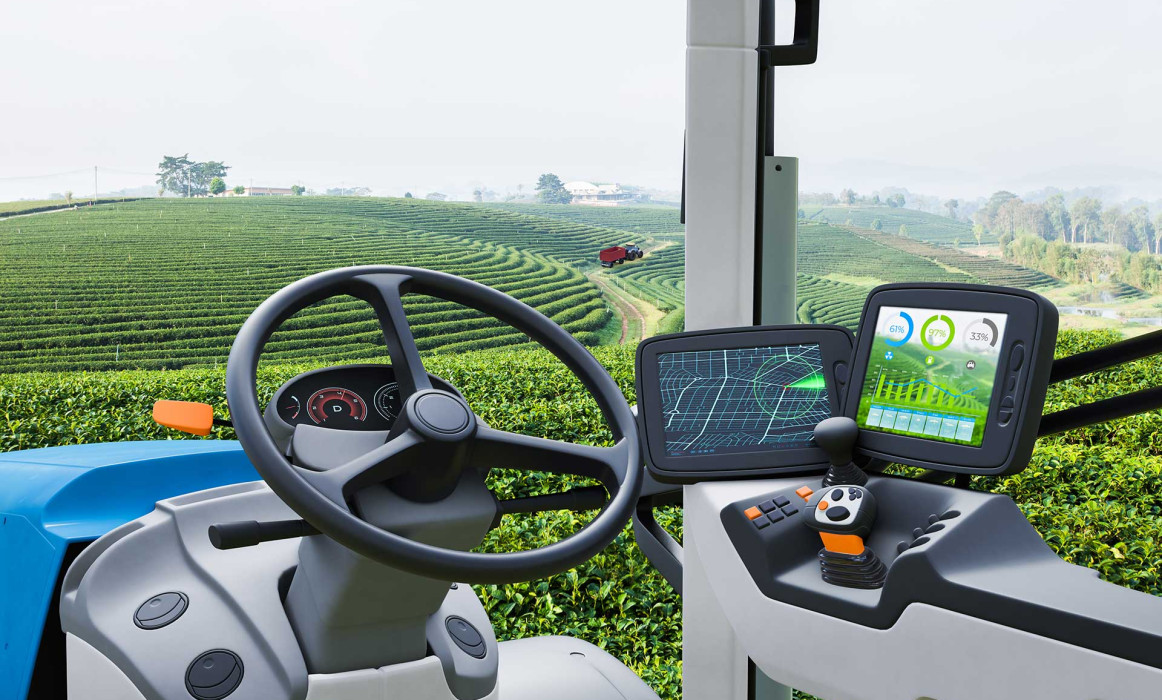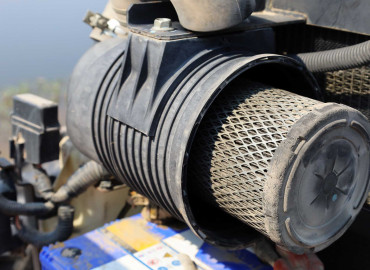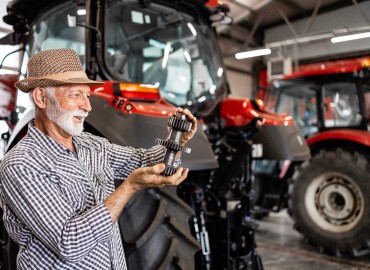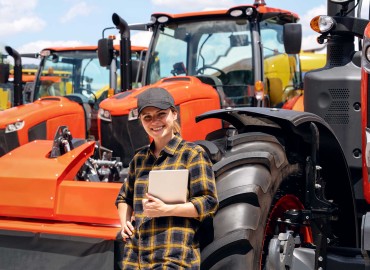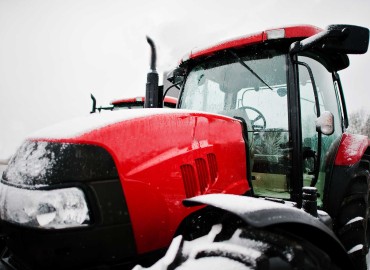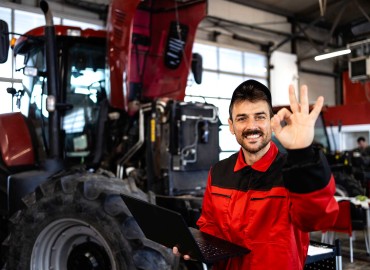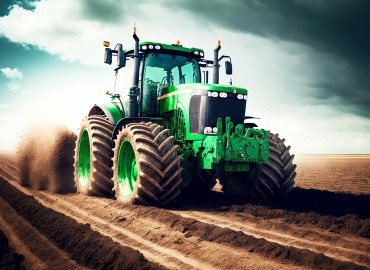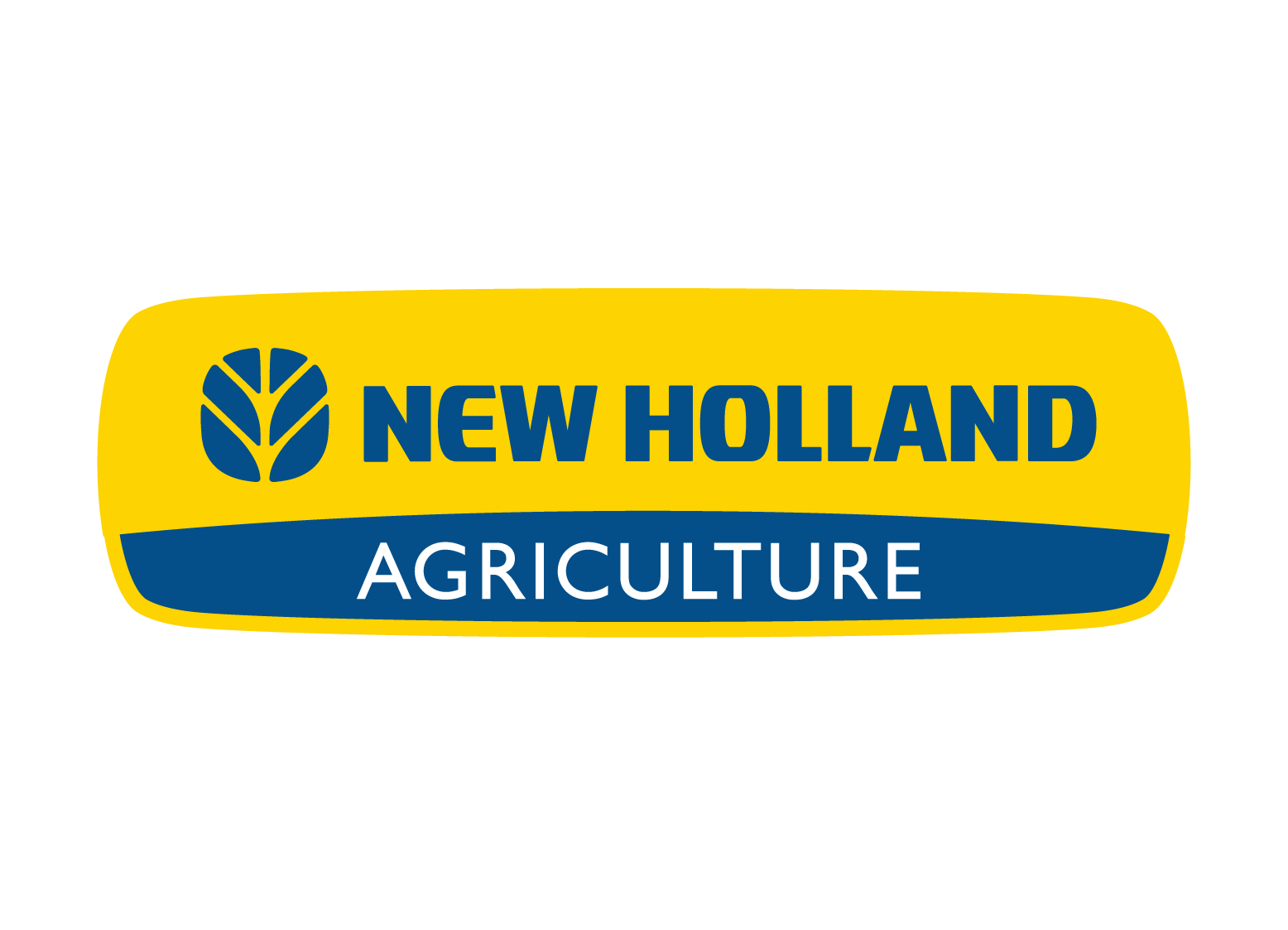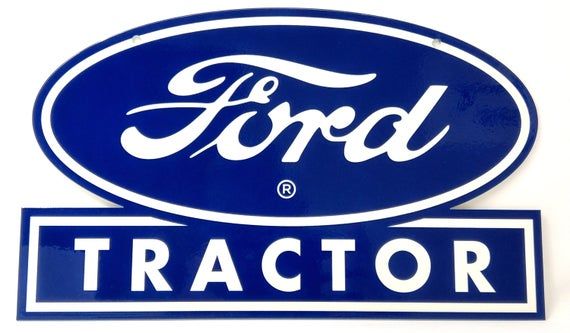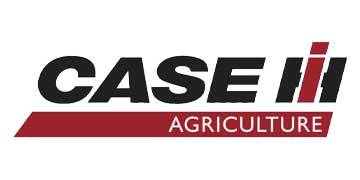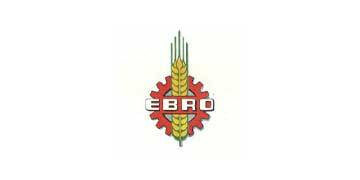Agriculture and tractors are the cornerstones of human survival and food production. However, to make agriculture more efficient, sustainable, and environmentally friendly, significant technological developments are essential. What are the notable technological advancements in the agricultural sector? Let's delve deeper into this vital aspect of our world.
Evolution of Agriculture and Technology
The history of agriculture spans eons, dating back to the Neolithic Period when our ancestors first sowed seeds, cultivated crops, and began the process of animal domestication. However, it was during the 18th century that agriculture witnessed a monumental transformation with the advent of agricultural machinery.
Rise of Agricultural Machinery
Agricultural machinery was introduced to accelerate farm operations, enhance productivity, and reduce labor-intensive tasks. These machines initially found application in wheat harvesting, marking a crucial turning point. Subsequently, steam tractors emerged, making activities like plowing, irrigation, and transportation significantly more efficient.
Modern Tractors and Cutting-Edge Technologies
In the contemporary agricultural landscape, tractors stand out as the workhorses of the industry, incorporating numerous technological innovations to boost efficiency and sustainability. Some notable technologies integrated into modern tractors include:
- GPS and Precision Agriculture: GPS technology equips tractors with the capability to navigate fields with remarkable precision. This precision enhances tasks like plowing, seeding, and fertilization. Furthermore, it facilitates data-driven optimization of farming operations.
- Electric and Hybrid Tractors: With a growing emphasis on environmentally friendly energy sources, electric and hybrid tractors have taken center stage. These tractors significantly reduce reliance on fossil fuels, thereby contributing to a reduction in greenhouse gas emissions.
- Autonomous Tractors: The advent of autonomous tractors has revolutionized farming. These self-operating machines require minimal human intervention, leading to reduced labor costs and a substantial increase in farming efficiency.
- Integrated Agriculture Management: Modern tractors are multifunctional and capable of performing tasks such as soil analysis, weather monitoring, and data collection. The insights garnered from these tasks empower farmers to make informed decisions and more effectively manage their resources.
- Automatic Controls and Intelligent Systems: Tractors are now equipped with automatic control systems that can adjust parameters like speed and power output based on real-time environmental conditions. This enhanced adaptability results in increased efficiency.
Agriculture and Future Technological Developments
The agricultural sector remains ripe for future technological advancements that will further enhance sustainability, efficiency, and eco-friendliness. Some potential technological developments on the horizon include:
- Internet of Things (IoT) and Agriculture: The IoT facilitates seamless data collection and sharing among agricultural equipment and sensors. This real-time data availability empowers farmers to make data-driven decisions and optimize their practices.
- Drones and Agriculture: Drones have applications in field monitoring, soil analysis, and weather observation. The data they collect enables precise decision-making and efficient farming practices.
- Biotechnology and Genetic Engineering: Biotechnology is pushing the boundaries of plant breeding and disease control methods. Genetic engineering enhances plant resilience and efficiency, ultimately contributing to more sustainable agriculture.
- Artificial Intelligence and Machine Learning Applications: The integration of AI and machine learning holds significant promise in agriculture. These technologies can be applied to tasks such as disease diagnosis, weed control, irrigation management, and harvest forecasting.
- Agriculture and Digital Platforms: Digital agriculture platforms provide farmers with powerful tools for data collection, analysis, and sharing. These platforms empower farmers to maintain tighter control over their processes and resources.
- Vertical Farming: Vertical farming represents a shift from traditional land-based agriculture, involving the cultivation of crops in vertical structures. This innovative approach supports efficient food production in urban areas and further promotes sustainability in agriculture.
Pioneering Agricultural Technology
Hars, a trailblazer in the field of agricultural technology, remains at the forefront of driving innovation in the industry. With an unwavering commitment to advancing the integration of cutting-edge technologies into agriculture, Hars continues to shape the future of agriculture.
The journey of technology in agriculture is an ongoing saga, promising a future characterized by even more sustainable, efficient, and environmentally responsible food production. The fusion of innovation and tradition is the bedrock of this vital sector that sustains life on our planet.
 en
en  tr
tr 
